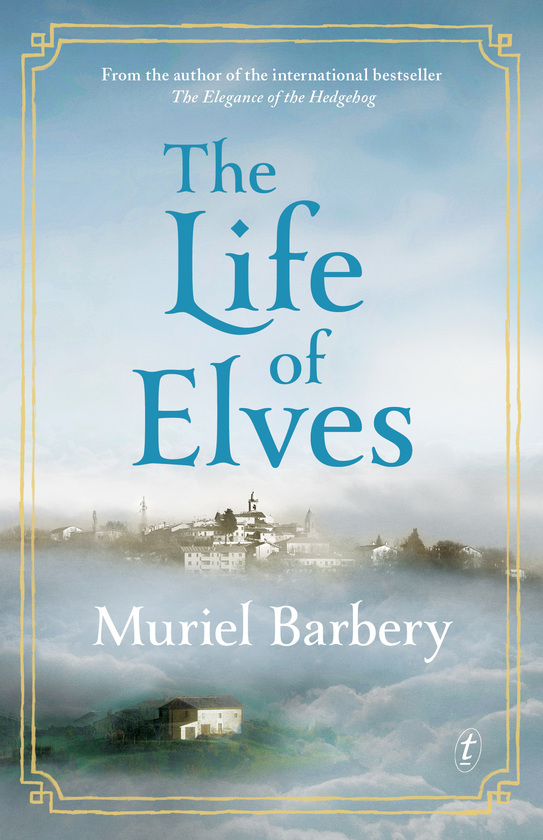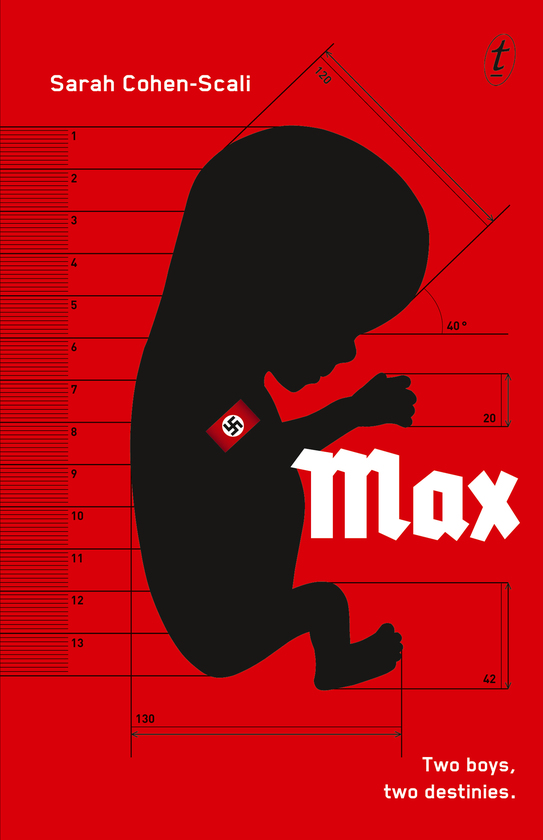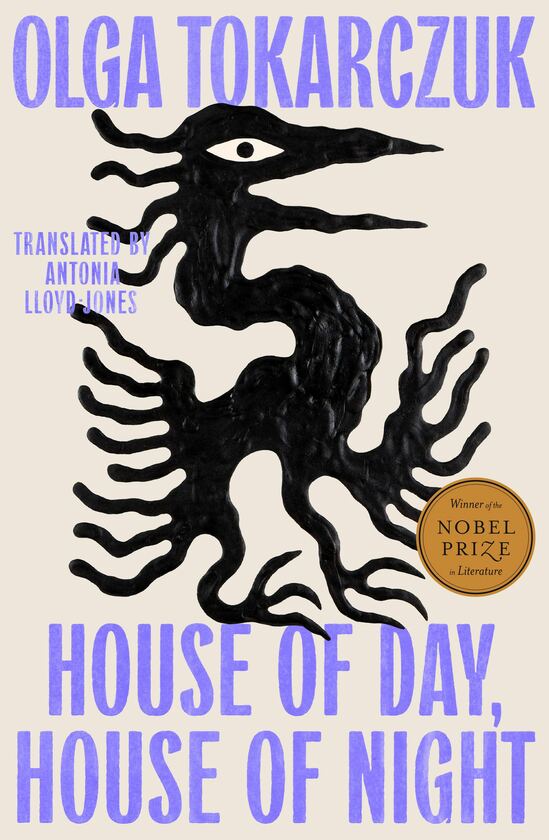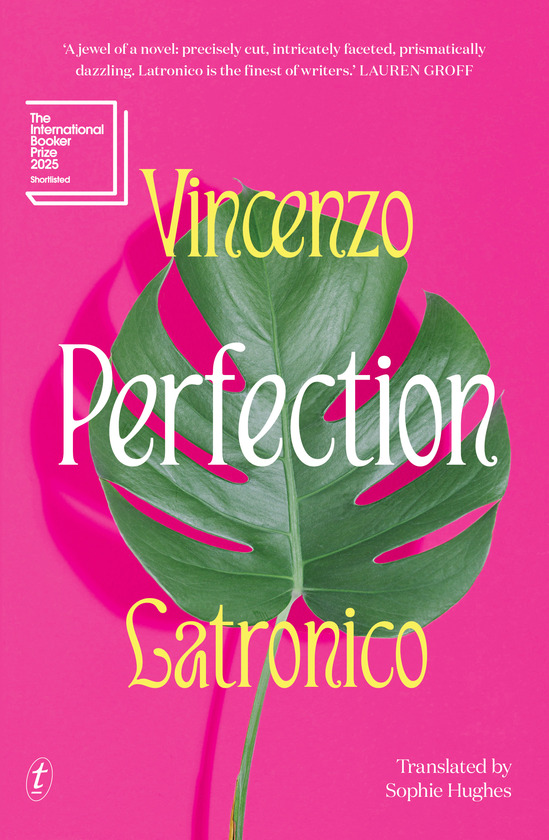
English-language publishers have a poor track record when it comes to translating books. The website Three Percent, launched in 2007, took its name from the fact that translated books amounted to a mere 3% of all books published in the US. But when I look at publishers’ lists from Europe, Asia, South America and Scandinavia, where they publish vast amounts of literature in translation, it is always a shock to be reminded just how Anglocentric the global penetration of English has made us—and the UK and the US—in our reading and publishing habits.
So I decided to measure the percentage of translations we publish at Text and was pleased to find out that it is around 13%. Here are some of the languages our authors write in: Albanian, Dutch, Finnish, French, German, Hebrew, Hungarian, Indonesian, Italian, Japanese, Mandarin, Norwegian, Russian, Spanish, Swedish, Yiddish. We have, for instance, just published Beauty Is a Wound by the extraordinarily talented young Indonesian writer Eka Kurniawan, and The Story of the Lost Child, the final book in Elena Ferrante’s Neapolitan series. In the next six months we will publish Good People, by the brilliant young Israeli writer Nir Baram; Fever at Dawn, by the Hungarian Péter Gárdos; The Trap, a mesmerising debut thriller by the German novelist Melanie Raabe; The Interpreter, by the Italian Diego Marani; Men, a new novel by Marie Darrieussecq; and The Life of Elves, by the bestselling French writer Muriel Barbery.
Of course, our literature in translation is not necessarily going to sell in vast numbers, but all of these books have the potential to shape our market. And translation has an extraordinary role to play in making audible voices we would otherwise not hear. We are immensely proud to publish brilliant Chinese writers like Yan Lianke, Yu Hua and Liao Yiwu, many of whose books are censored in China. They are superbly written and reveal a China we would never otherwise know. And of course it is wonderful when we have literary bestsellers like the novels of Nicolò Ammaniti and Elena Ferrante.
The translations of all these books need editing. In the case of French and Italian, I try to ensure that the idiosyncrasies of the source language are in some way retained in the target language, English. In all translations, however, the priority is to render the English as completely idiomatic and fluid as possible, so that we don’t have that unsettling sensation of reading translatorese—some kind of lumpy, indigestible hybrid English.
As well as editing translations, untangling knots, smoothing out creases in the fabric of the prose, I translate from the French. Romance languages are very different from English. They are, for example, gendered, which allows more syntactical freedom: adjectives and nouns can be separated and we still know the meaning, thanks to the agreements. In English the qualifiers and modifiers have to be closer together, so sometimes I have to break down longer source-language run-on sentences of nouns and agreeing adjectives.
Marie Darrieussecq, a brilliant contemporary French novelist, is a joy and a challenge to translate. Darrieussecq often uses words and expressions that connect with her Basque origins. Like Elena Ferrante in her Neapolitan novels, she uses dialect to express obscene or sexual layers of expression and is fascinated with the play of language(s), with the ways in which language shapes us and our dreams—she is also a psychoanalyst. In All the Way the fault lines between language and sex are a source of comic confusion for the character of adolescent Solange as she negotiates her sexual initiation. Working out how to translate the plays on stock phrases and stereotypes, or word plays, double-entendres and jokes, is like working out a complicated puzzle. But ‘a good match, that’s the truth about translation’, as David Bellos says in his book, Is That a Fish in Your Ear?. In Darrieussecq’s work, I try to get the flavour of the vulgar language and avoid too much ‘Tranglish’, the ‘third code’ that Bellos talks about.
In All the Way the fault lines between language and sex are a source of comic confusion for the character of adolescent Solange as she negotiates her sexual initiation. Working out how to translate the plays on stock phrases and stereotypes, or word plays, double-entendres and jokes, is like working out a complicated puzzle.
Solange reappears in Men (Il faut beaucoup aimer les hommes, May 2016) as a young woman having an affair with a black man who is making a movie of Heart of Darkness in LA and in Africa. It is exhilarating trying to match Darrieussecq’s highwire act of combining an appealing and humorous naiveté with a piercing intelligence, and in this case an insight into knee-jerk racism.
It was quite a different experience translating the prize-winning French young-adult novel Max, by Sarah Cohen-Scali (February 2016). This novel is narrated in the voice of an outrageous young Nazi punk (from the womb to the age of nine), a product of Hitler’s notorious Lebensborn program. Max does not know any other ethos or language except that of Nazism, which is all he has ever known—but then he meets a Polish Jewish boy, a stolen child. Max is a brilliant and shocking exploration of indoctrination and propaganda. The work of the translation was above all about maintaining the credibility of a voice—of a boy who is equally a horrifying brat and a pitiful lost soul.
The process of translating is mysterious: I try to enter into a trance, a zone in which both languages hover in my mind, until the patterns and style of each emerge, and I feel I have reached some way into the author’s mind. My trance leads me to a rough copy, with all its false starts and hesitations. Then I do lots of drafts, re-reading, rewriting, reading out loud, checking rhythms, fine-tuning, trying to find solutions to unresolved problems. In a sense editing is a form of translation, just as translation can be seen as a form of editing.
Literary language is much easier to translate than idiomatic, popular speech. I try to keep internal rhymes and equivalent alliterations whenever possible, but not at the expense of meaning. The translation should not be more exotic than the original. The key is to translate the style, the voice. In the trance state, I have to apprehend the imaginary place or vision out of which the author is writing, and also work out my take on how that vision is formally transmitted. It’s tonal.
My goal is to be faithful to the source text. It is in my view obligatory to translate every aspect of the text, even parts you might find less than admirable. You shouldn’t clarify, simplify, or moralise, even if you think it could all have been said better, or not at all, in the original. And so I prefer Flaubert’s approach, of finding a resemblance in style and spirit, over that of Nabokov, who stressed the artificiality of the endeavour. Borges is inspirational on the subject: ‘When I translate Faulkner, I don’t think about the problems of translating Faulkner.’
Marguerite Yourcenar said, ‘translating is writing’. Javier Marias talks about the fact that every word of a translation was written by the translator, not the author. Perhaps that’s what’s behind the annoying phrase traduttore traditore. Despite the process of close approximation in meaning, some form of betrayal is inevitable in the radical transformation incurred by a switch of language. Of turning oranges into apples.
It is more than obvious that a translation can never be exactly the same text as the original, precisely because the process has changed the text, and every translator changes it differently.But for the reader it’s like trying to see on the other side of a mirror: unless you know the source language, you’ll never really know the original text—you’ll never hear it. The changes wrought on the original are in the nature of alchemy. The great translator from the Spanish, Margaret Jull Costa, once said, ‘A good translation is a truly bilingual text, one that combines the writer’s and the translator’s voice.’
Umberto Eco says translation is the art of failure. Maybe, but literature would die without translation, and so would we, without these messages from other cultures. So we persist in making these versions as true as possible to themselves, and to us. Translating is a radical act of literary empathy.
Go ahead, broaden your mind: read more books in translation!
Senior editor Penny Hueston has previously blogged here about translating 2014 Nobel Prize winner Patrick Modiano.
And Publishing Perspectives and Harvard Magazine have also shone a light on recent success in book translation for the US market.












